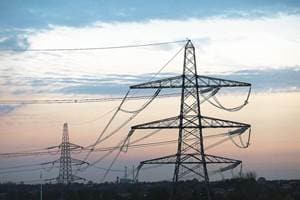Calling for reworking power tariffs in a progressive manner, the Economic Survey 2015-16 has said that burden of power costs for the poor can be reduced in a manner that does not burden the relatively well-off.
“Tariffs for the poor can be reduced while covering costs and without unduly burdening those better off,” the Survey has said.
It feels that India’s domestic power tariff schedules have greater scope for progressivity. Discussing the need to balance greater revenue collection with greater welfare allocations, the Economic Survey 2015-16 has said that “cross-subsidisation will occur within the residential consumers itself – i.e. rich consumers with high consumption intensity within the residential sectors subsidise prices for consumers with lower consumption due to differential demand price elasticities.”
Industries can use excess power generation capacity via open access in a push for Make in India while power discoms can explore the possibility of progressivity in tariff setting so that charges for the poor come down, suggested the Economic Survey.
“Time is ripe for industries to absorb excess generation capacity through Open Access to energise Make in India,” said Economic Survey for 2015-16 tabled in Parliament on Friday.
The Open Access (OA) policy under the Electricity Act, 2003, allows consumers with electricity load above 1 mw to procure power directly from markets.


